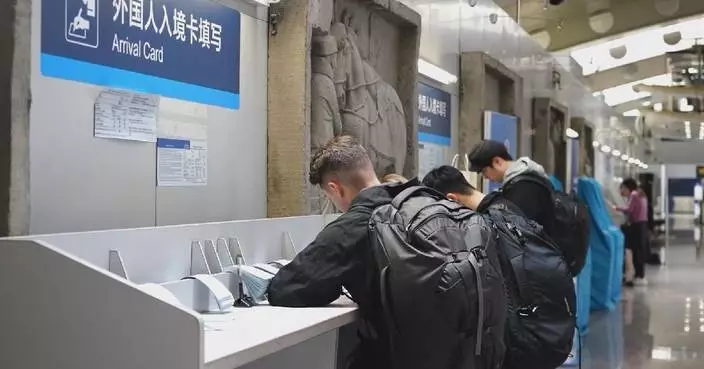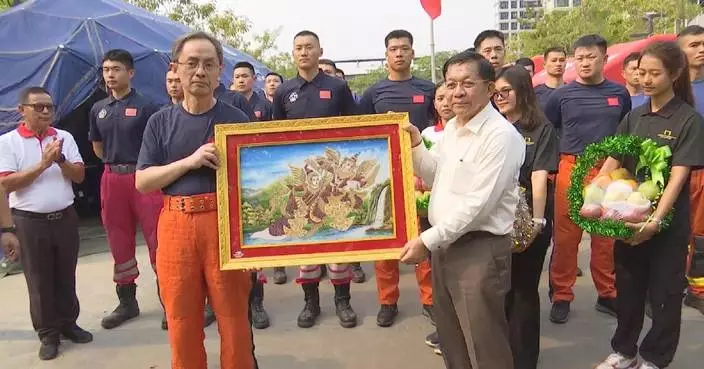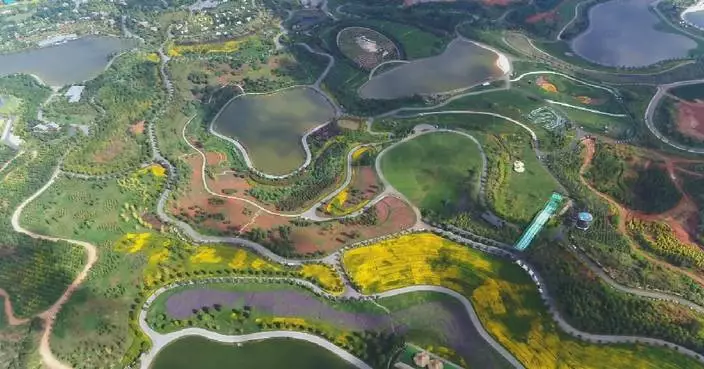A new documentary of China Global Television Network (CGTN), "Catching A Wave 2," presented an overall view of a submarine cable mega project under construction in the South China Sea, including its route, design, construction equipment, methods, and challenges.
CGTN was granted exclusive access to the project, the SEA-H2X submarine cable system, which connects China, the Philippines, Singapore, Malaysia, and beyond.
The documentary premiered on March 28th.
On March 25th, China released a Report on China's Participation in the Construction and Protection of International Communication Submarine Cables.
The submarine cables handle over 99 percent of intercontinental data traffic.
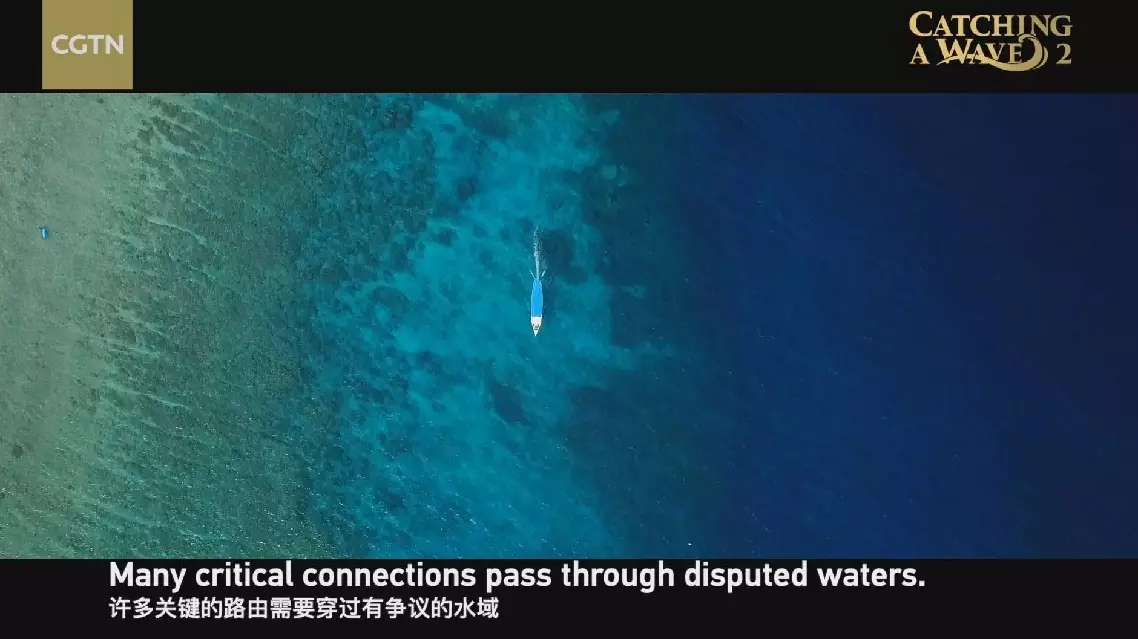
CGTN documentary explains submarine cable mega project in South China Sea
The concept of eco-friendly burials -- ways of laying loved ones to rest that reduce environmental impact -- has grown in popularity among the Chinese people, especially over the past five years.
In China, eco-friendly burials comprise forms such as lawn burials, flowerbed burials as well as tree burials, which require minimal land. Sea burials and biodegradable urn burials that do not take up any land are also popular options.
Analysts believe eco-friendly burials will help to alleviate the strain on land resources, contribute to environmental protection, and also fulfill people's emotional needs for remembering their departed loved ones. The Ministry of Civil Affairs said in 2024, there were 194,700 ecological burials of ashes across the country, up 67 percent from 2019. Among them, 53,500 were sea burials, an increase of 26 percent over 2019, and 141,200 tree burials, an increase of 90 percent over 2019. Today, 28 provinces in China offer rewards and subsidies to families who choose eco-burials.
"More and more people begin to accept land-saving ecological burial methods. China's land-saving ecological burial methods such as sea burials and tree burials have been on the rise every year. China's land-saving ecological burial facilities have become more full-fledged as local governments have increased their efforts to build these facilities," said Liu Tao, director of the Department of Social Affairs under the Ministry of Civil Affairs.
April 4 marked this year's Qingming Festival, also known as Tomb-Sweeping Day, a traditional Chinese festival for people to pay tribute to the deceased and to worship their ancestors.
During the period around this festival, people often visit graveyards, where they traditionally pay tribute to the dead by offering food and burning incense and paper money.
In recent years, with the support from the government, many have turned to greener practices, such as offering flowers and lighting electric candles. During this year's three-day Qingming Festival holiday from Friday to Sunday, people across China made nearly 54.34 million trips to burial sites, up 14.3 percent from last year.
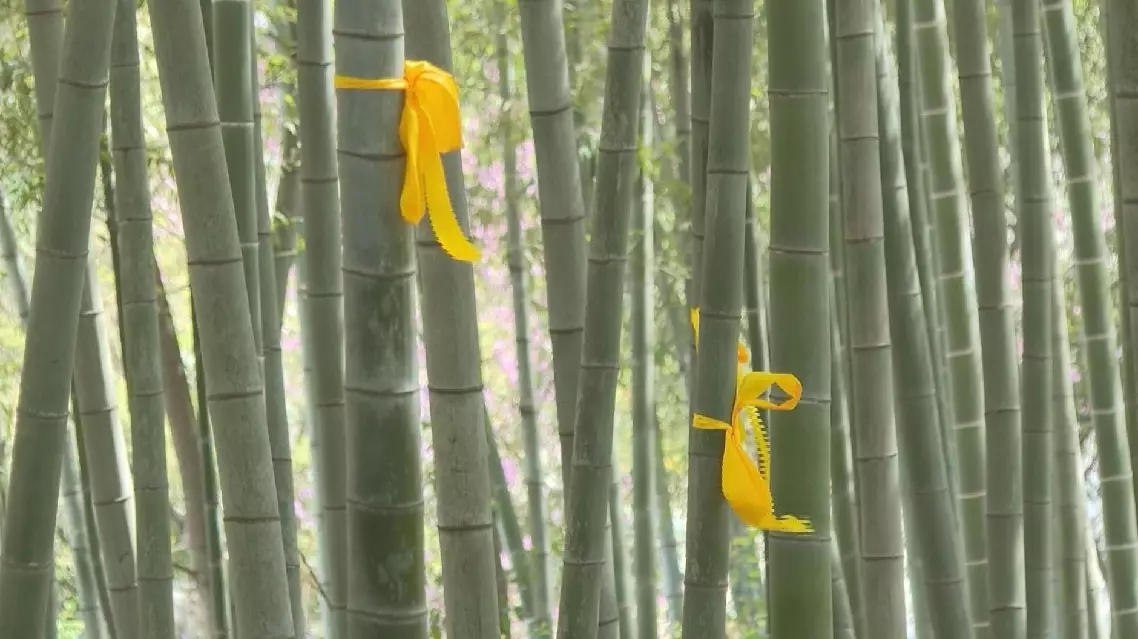
Eco-friendly burials take root among Chinese people








